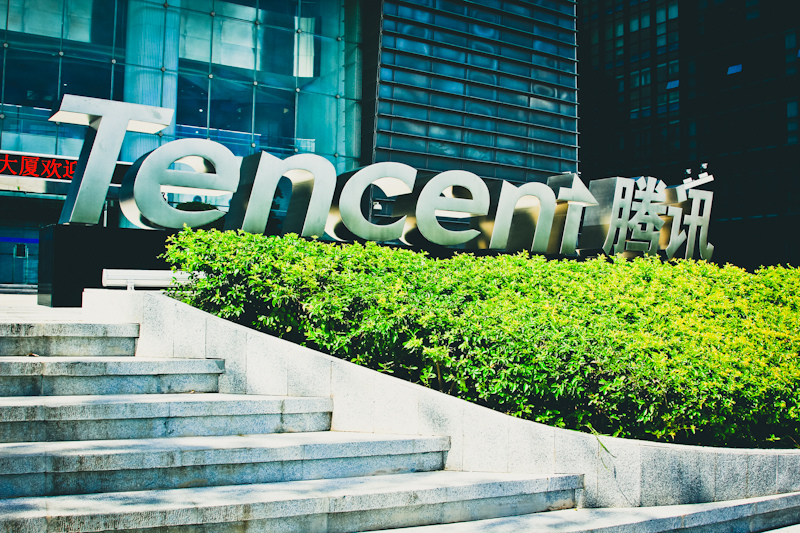Even though the PC and MMO sector of the industry is comfortably the largest in the world and worth over $12 billion, video games are a relatively nascent concept in China. Consoles were banned until 2015 in the East Asian country, and despite China’s formidable eSports reputation and booming social network gaming scene, the government is still grappling to control the unprecedented and uncontrollable popularity of many mobile MMO titles. Honor of Kings is one such game, and with 200 million players since its 2015 release that results in the title making up to 40% of Tencent’s total mobile games revenue, it has proved to be a runaway hit in China thus far. However, amidst legitimate fears of children becoming addicted to such massively online releases, the Chinese government has this week labeled Honor of Kings as ‘poison’ in the state-run People’s Daily paper, and has threatened further action against Tencent to crack down on the influence such games have over vulnerable young gamers.

While The Guardian have reported that Tencent have taken measures to limit the daily playing times in Honor of Kings, and age limits have been put in place in an attempt to curtail under 18s becoming addicted to the title, this condemnation from an official outlet underlines numerous issues on both sides of the row between the Chinese government and companies such as Tencent. Firstly, with age restrictions able to be circumvented easily, it is clear that the implementation of such measures by Tencent has not been successful. However, China’s lack of sufficient regulation over video games means that it’s incredibly difficult to curtail the craze surrounding titles like Honor of Kings, and will undoubtedly lead to severe measures that could have a profound effect on the profits of companies such as Tencent. With a reported $883 million of revenue in the first quarter alone for Honor of Kings, there certainly is a lot at stake, and the public condemnation of the game as ‘poison’ and ‘negative energy’ will likely just cause even more commotion around Tencent’s smash hit, as well as force the Chinese company to put an even greater emphasis on its efforts in Western territories.
[via Forbes]
